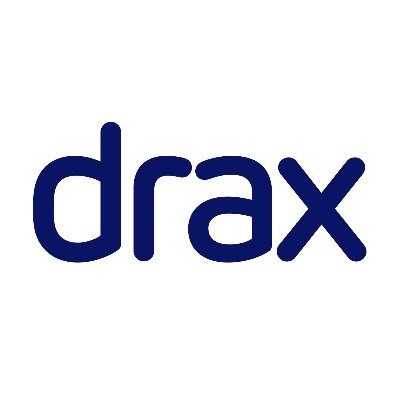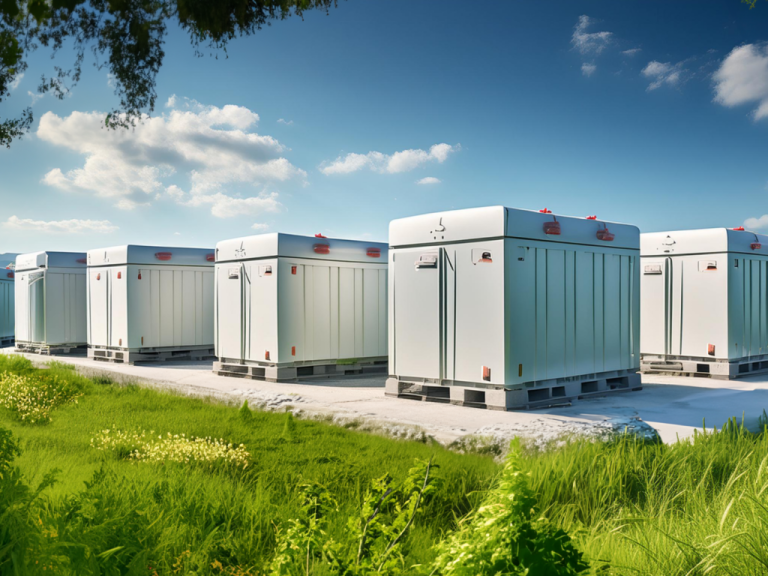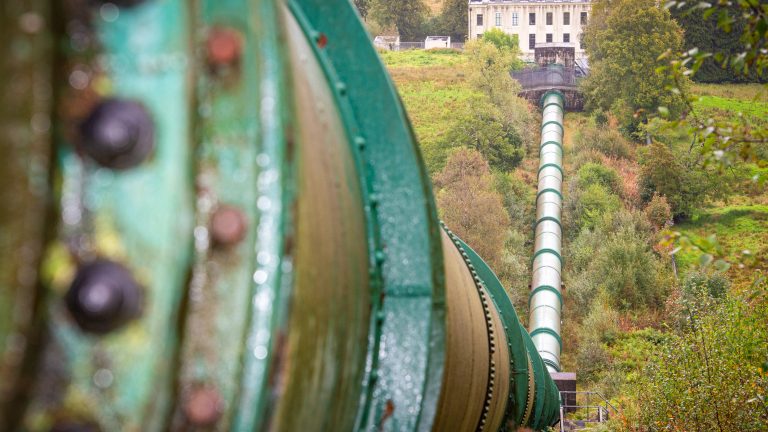An unmistakable hum of turbines at Cruachan echoes a deeper undercurrent at Drax, where milestone celebrations discreetly underscore an evolving strategy rather than comfort in past successes.
When a power station marks sixty years in service, commemoration often centres on heritage. Yet in Loch Awe, Drax chose to channel anniversary fanfare into an outward gesture. By allocating £60,000 to local charities and projects around the Scottish Highlands, the company reframed what a landmark moment could signify. Instead of staging a gala, Drax bolstered community resilience, from youth outdoor centres to mental health initiatives, signalling that enduring energy supply must remain interwoven with social licence. Such an approach speaks directly to long-term investors: a firm grounding in community relations can mitigate regulatory friction and sustain operational continuity in regions where public sentiment wields tangible influence.
Behind the scenes of these donations stands a subtler but equally pivotal narrative: the maturation of Drax’s bioenergy with carbon capture and storage (BECCS) ambitions. Having secured its first revenue-grade carbon credits in the UK Emissions Trading Scheme, the company is poised to scale its Proven Principles approach. That methodology, honed over years of pilot studies, emphasises pairing biomass generation with permanent carbon sequestration to create negative emissions. For investors, this illustrates a move beyond theoretical targets to demonstrable capability, reducing execution risk in a field often criticised for its unproven economics and uncertain policy support.
The two threads, community engagement and carbon-negative energy, converge on a central theme of resilience. By embedding philanthropic gestures at Cruachan rather than a perfunctory press release, Drax cements reciprocal trust with local stakeholders. Such goodwill becomes an intangible asset when seeking permits for novel carbon capture facilities or negotiating grid access for expanded biomass throughput. Similarly, the BECCS roadmap leverages lessons from early trials at bespoke capture units, optimising sorbent usage and integrating capture modules without disrupting existing turbine performance. As these principles migrate from pilot to industrial scale, cost curves are anticipated to flatten and capital intensity to fall—an inflection that could recalibrate Drax’s earnings profile from conventional generation towards a premium on carbon-negative power.
That shift carries material implications for portfolio construction. Traditional power businesses often trade at low multiples, tethered to commodity cycles and regulatory uncertainty. Conversely, operators delivering verified negative emissions stand to benefit from tightening carbon markets, green bonds demand, and potential offtake agreements with corporates seeking to neutralise hard-to-abate sectors. Drax’s track record in navigating biomass supply chains, both domestic forestry residues and imports, provides a logistical foundation for BECCS feedstock sourcing, alleviating one of the most common execution hurdles. Investors weighing exposure to energy transition seesaw between oil majors dabbling in renewables and pure-play green entrants; Drax occupies a niche where balance sheet strength underpins an energy pivot, rather than speculative capital raising.
Moreover, the firm’s measured philanthropic outreach at Cruachan sets a template for securing social licence in future project locales. Carbon capture installations frequently face community scepticism around safety and landscape impact; proactive engagement, as demonstrated by local grants, can pre-empt resistance and accelerate consent timelines. The alignment of project financing with community benefit funds also broadens the investor risk-reward calculus, social impact becomes not merely ancillary but integral to project viability. For an investor community increasingly attuned to ESG metrics, such symbiosis can translate into lower cost of capital and enhanced valuation multiples.
Viewed in totality, Drax’s diamond anniversary gesture and its BECCS scaling strategy reveal a company quietly reshaping its identity. It is no longer just a supplier of electricity but an architect of negative-emission infrastructure, anchored by credible community relationships. While the path from pilot capture unit to multi-million-tonne negative-emission facilities remains challenging, Drax’s incremental progress and rooted stakeholder approach reduce the continent-wide leap into uncharted territory. That balance between safeguarding social licence and pioneering low-carbon innovation may prove the most valuable legacy of Cruachan’s sixtieth year.
Drax Group plc (LON:DRX), trading as Drax, is a power generation business. The principal downstream enterprises are based in the UK and include Drax Power Limited, which runs the biomass fuelled Drax power station, near Selby in North Yorkshire.







































